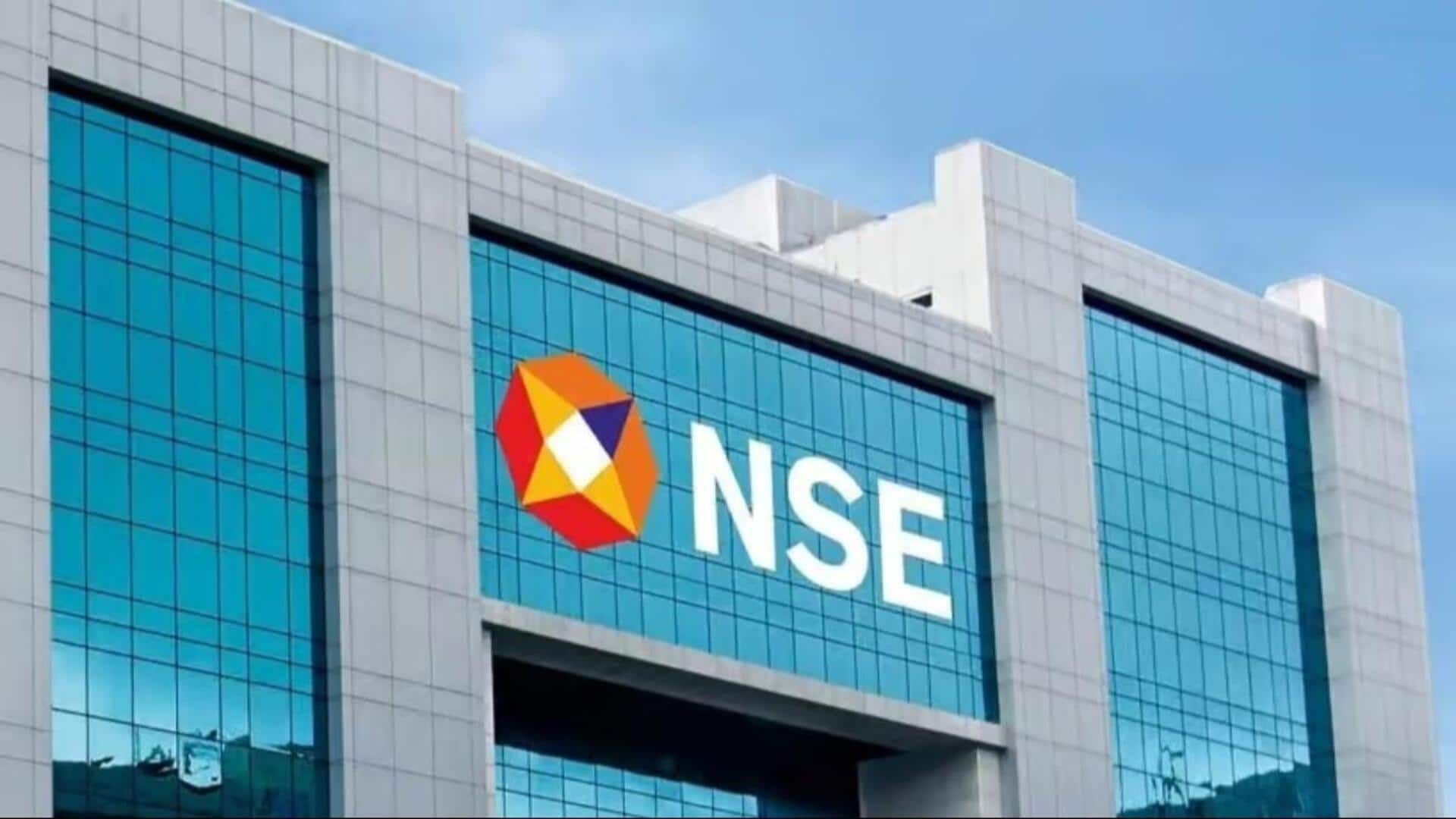
US-based Jane Street can restart trading in Indian stocks
What's the story
Jane Street, a leading player in high-frequency trading (HFT), has been allowed to re-enter the Indian stock market. The move comes after the New York-based firm deposited ₹4,844 crore in an escrow account as per an order from the Securities and Exchange Board of India (SEBI). The firm had previously been barred from trading in India earlier this month.
Regulatory approval
SEBI lifted the ban last week
As per a Business Standard report, SEBI lifted the ban last week via email after confirming that Jane Street had made the deposit before the July 14 deadline. However, even though the firm can trade again now, it won't be business as usual. The National Stock Exchange (NSE) and Bombay Stock Exchange (BSE) have been asked by SEBI to closely monitor Jane Street's future positions and trading activity.
Trading restrictions
SEBI's conditions for Jane Street
SEBI has also asked Jane Street and its associates to refrain from any manipulative trading patterns, especially those highlighted in SEBI's interim order dated July 3. These conditions will remain effective until the market watchdog completes its ongoing investigation. The probe primarily revolves around Jane Street's alleged use of a two-part trading strategy involving Bank Nifty stocks to artificially inflate the index.
Defense strategy
What did Jane Street say?
In response to the allegations, Jane Street has defended its actions as a standard index arbitrage strategy. This is a common trading method where the traders exploit price differences between related instruments. Despite regaining market access, the firm has reportedly told SEBI that it does not intend to resume options trading immediately. Meanwhile, SEBI is expanding its investigation into possible index manipulation by Jane Street or other HFT firms beyond Bank Nifty.
Market influence
A major player in derivatives market
Jane Street has been a major player in India's derivatives market, raking in ₹43,289 crore from index options trading between January 2023 and March 2025. However, since the ban was imposed earlier this month, trading volumes in India's futures and options (F&O) segment have fallen by nearly 20%. Industry insiders suggest that Jane Street may adopt a more cautious approach this time around.